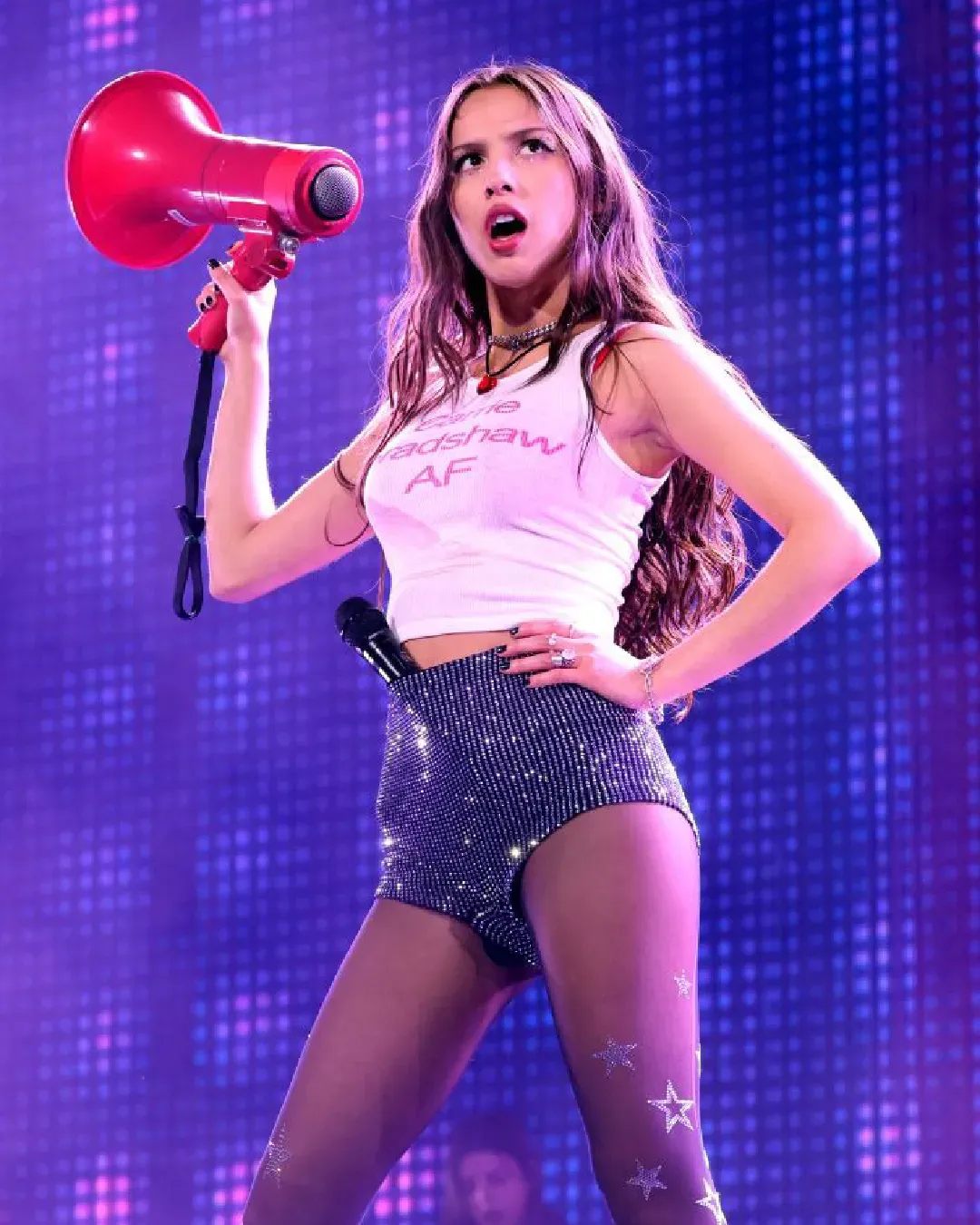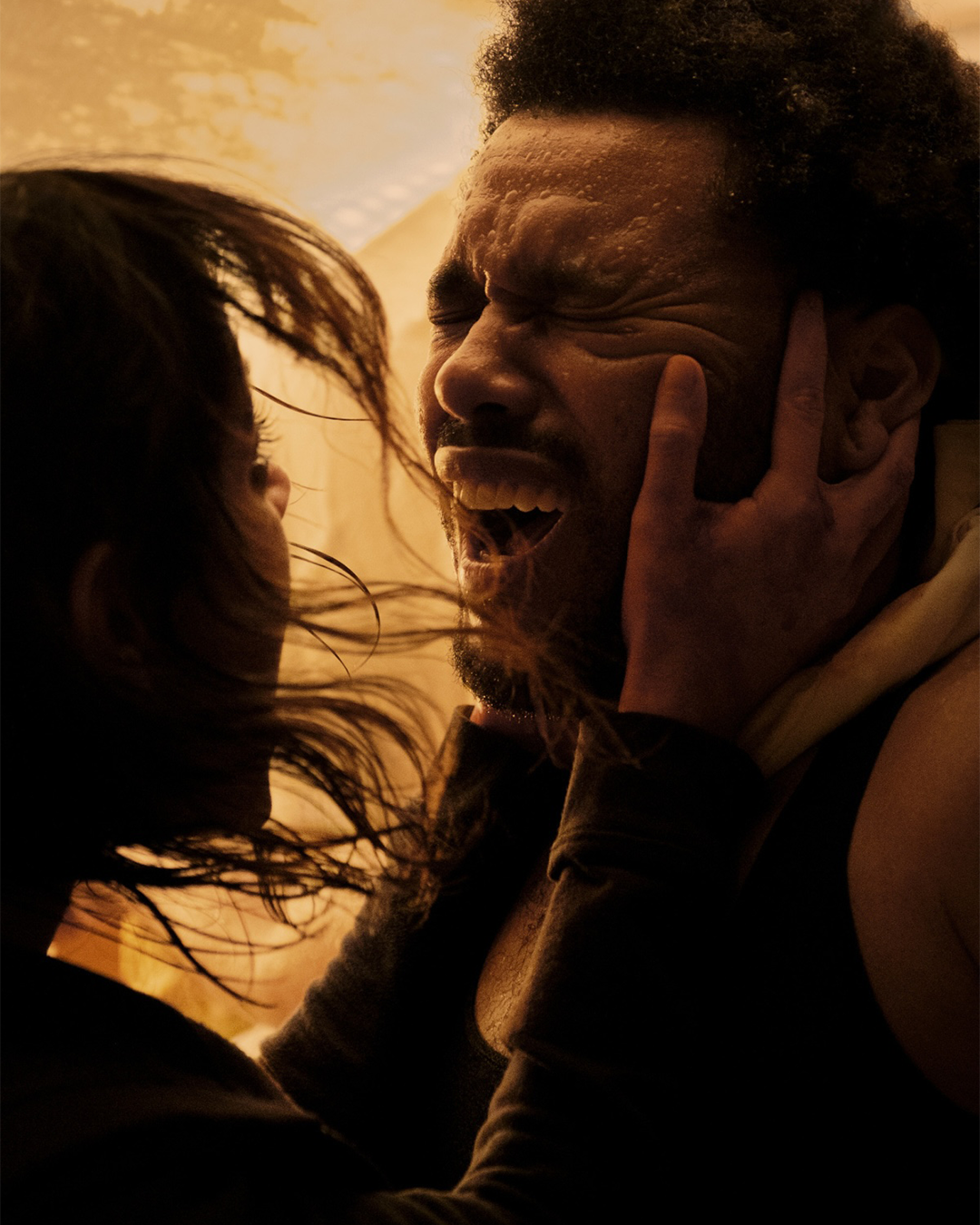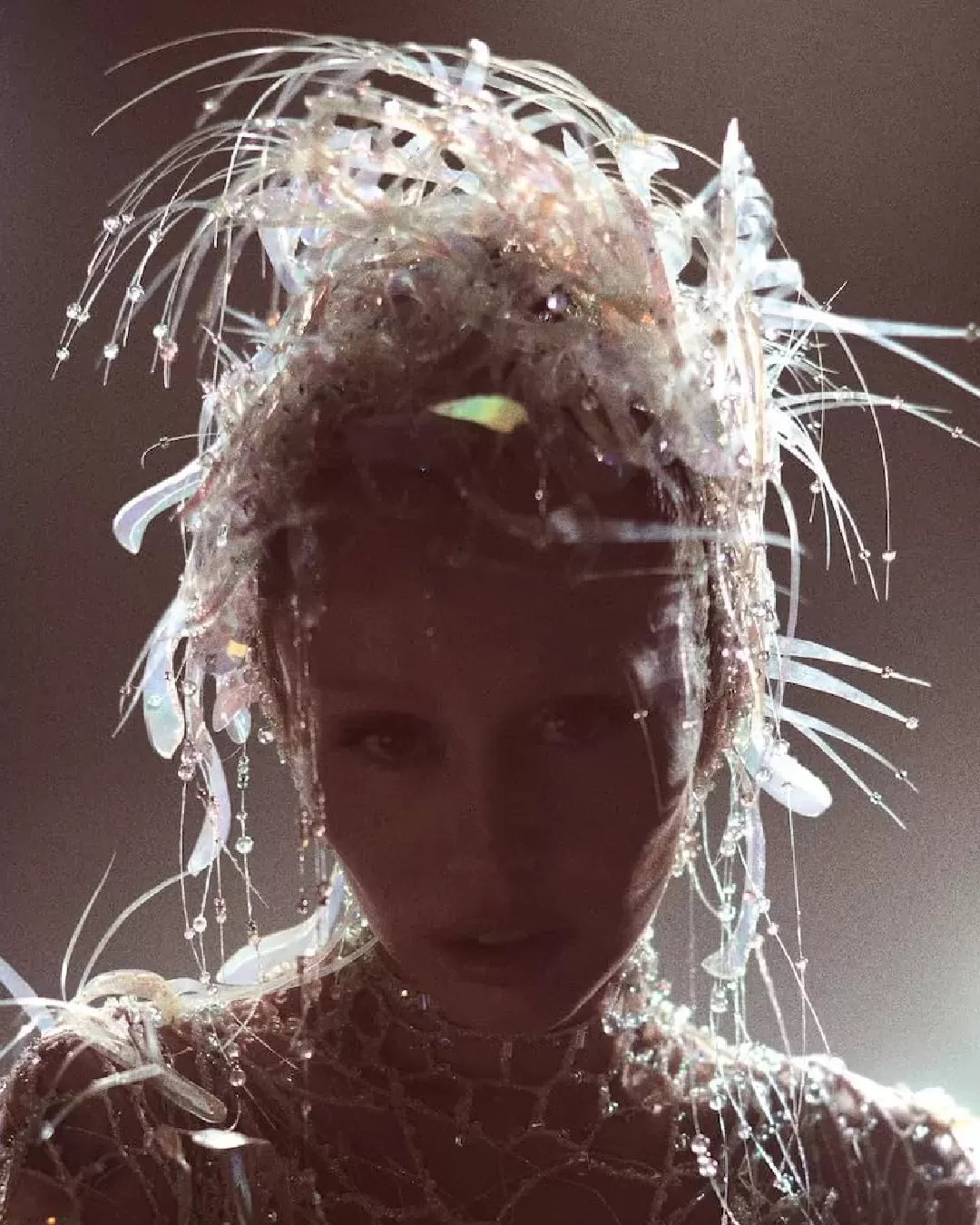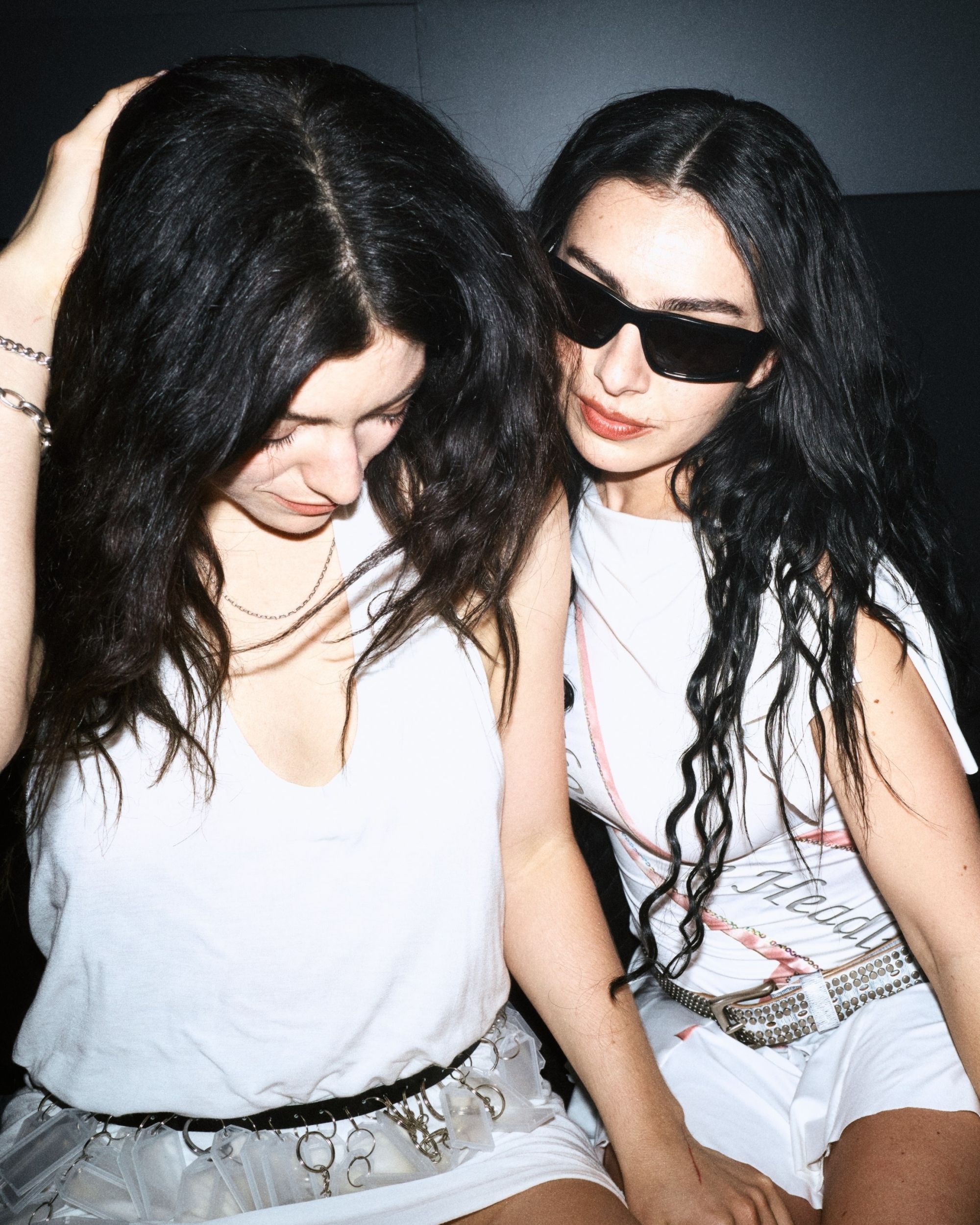
Why do many rappers dress like Cowboys? Old Town Road by Lil Nas X is a small piece of a long African American cultural tradition
Lil Nas X is only 20, and just seven months ago he was a so-called Tweetdecker; somebody who - according to what New York Magazine said - used many different twitter account in order to get a content viral. Many would call him a nerd, also due to his passion for the video games, and the usage of one of the best title of the year, “Red Dead Redemption 2” to build the video for a “Country trap” song he wrote: Old Town Road. Seven months and a couple of remixes later, one of them will Billy Ray Cyrus (Miley Cyrus’ father), that video has 76 million streams, to which you need to add 278 million streams for the remix and 188 for the official remix video; really huge numbers thanks to which Nas X has broken the Drake record for most time at Billboard number 1. But this global success could remember just as one of the achievements of X: another one is the carrying of the cowboy aesthetics into the mainstream: «[Lil Nas X] has decided to reference black rural culture and black cowboys in the form of popular music, and it is not only being celebrated by the audience; it is being demanded», the neotraditional country musician known as the American Songster told Vox.
The black cowboy figure is old as America is. According to the Smithsonian, in the ‘800s, almost one cowboy on four was black, something that was inherited from slavery, who obliged the slave to take care of the owner animals. This was happening a lot in the South, where the Jim Crow laws and well-institutionalized racism takes a lot of freedom away from black people as well as blocked them to take part as the classical western rodeo. Black cowboys have been, then, erased from American culture for a lot of time:
« The narrow framing of the African American identity as urban and the erasure of black people from the American mythos lie at the core of these controversies. By rejecting the notion that country-and-western culture is wholly white, black people aren’t just pushing for historical accuracy but demanding to be acknowledged as authentically American», Nadra Little wrote.
The modern emersion of black culture as always more dominant in the American cultural landscape has surfaced also the cowboy imaginary. Everything (re)started in the early 2000s when a lot of female R&B singers showed look and matching related to the western style: Mary J- Blige, Lil’ Kim and obviously Beyoncé and the Destiny’s Child who paid homage to their Texan roots. Then was the time of Travis Scott and his Rodeo, and now is all Old Town Road.
It’s all part of the so-called “Yeehaw Agenda”, from the name of the Instagram account of Brie Melandro, where the “Texas-based pop culture archivist”, as she calls herself, collects every aesthetic reference to the black cowboy culture from the past and the present (like “Black Girl in Cowboy Hat” by Gaby Wilson, that is focused in girl). Picture from fashion shows, red carpet, photo shooting or simply social feed, that point out the heterogeneity of the modern black cowboy contamination. The idea of “Yeehaw Agenda” was probably conceived by the same Melandro, in a tweet from September of 2018 when she shared a King Kong magazine with Ciara wearing a cowboy hat. Starting from that moment a lot of media used that idea to symbolize a true aesthetic trend, a trend that was jumped on by a lot of stars from US showbiz, like Cardi B, Megan Thee Stallion, and Rihanna. The art critic Antwaun Sargent, in February 2018, tweet a thread with many western references in modern fashion, put together by Brook Marin in a piece on W Magazine: Pyrer Moss, Telfar, are all brand that tried to capitalize that aesthetic.
But it’s really difficult for a brand to deal with a such typical reality, like the cowboy one, that is fundamentally rooted in its white and country heritage. Recently, Wrangler - the American colossus of denim - faced a serious backlash after the collaboration with Lil Nas X, born after an iconic lyrics in the song: «Cowboy hat from Gucci / Wrangler on my booty.» Many people accused the brand and Nas X of cultural appropriation, with social posts like: «Wrangler are made for cowboy and farmer, not rapper». The fact that the backlash and the threats of boycotting the brand arrived all from white people, underlined another time the difficulty for white America to accept the existence itself of black cowboy. “The idea that Lil Nas X is perpetuating some form of cultural appropriation by recording and having success in the country genre is simply absurd,” pop culture commentator Jawn Murray told Vox. “How can you appropriate something you played a significant part in shaping?”
“Because of a deliberate act of erasure from pop culture, the image of cowboy we used to see was in those Western movies was black”, Sargent told Solange during a conversation among the two, in which Solange also told to have not the idea of who Jon Wayne was. Solange, in her wonderful last album “When I Get Home”, brought yeehaw agenda in the spotlight, in her arty and evocative way: «hen I Get Home is wealthy in references to her particular yeehaw history, as she examines and celebrates Houston in the same way her sister did with “Daddy Lessons” several years ago. The same images of gallon hats, galloping horses and lassos take up plenty of screen time in the album’s accompanying film, which serves as a tour of the past, present and future of the black South», wrote Brittany Spanos Rolling Stone. With “When I Get Home” in fact, the black cowboy aesthetic added another element, that we could call “glamour”. The interaction between fashion and design with a world that was always conceived as rural, western, is typically black, a thing that told as a lot about modern America, the one that to MAGA hat prefer cowboy hat, even better if Gucci.






















































